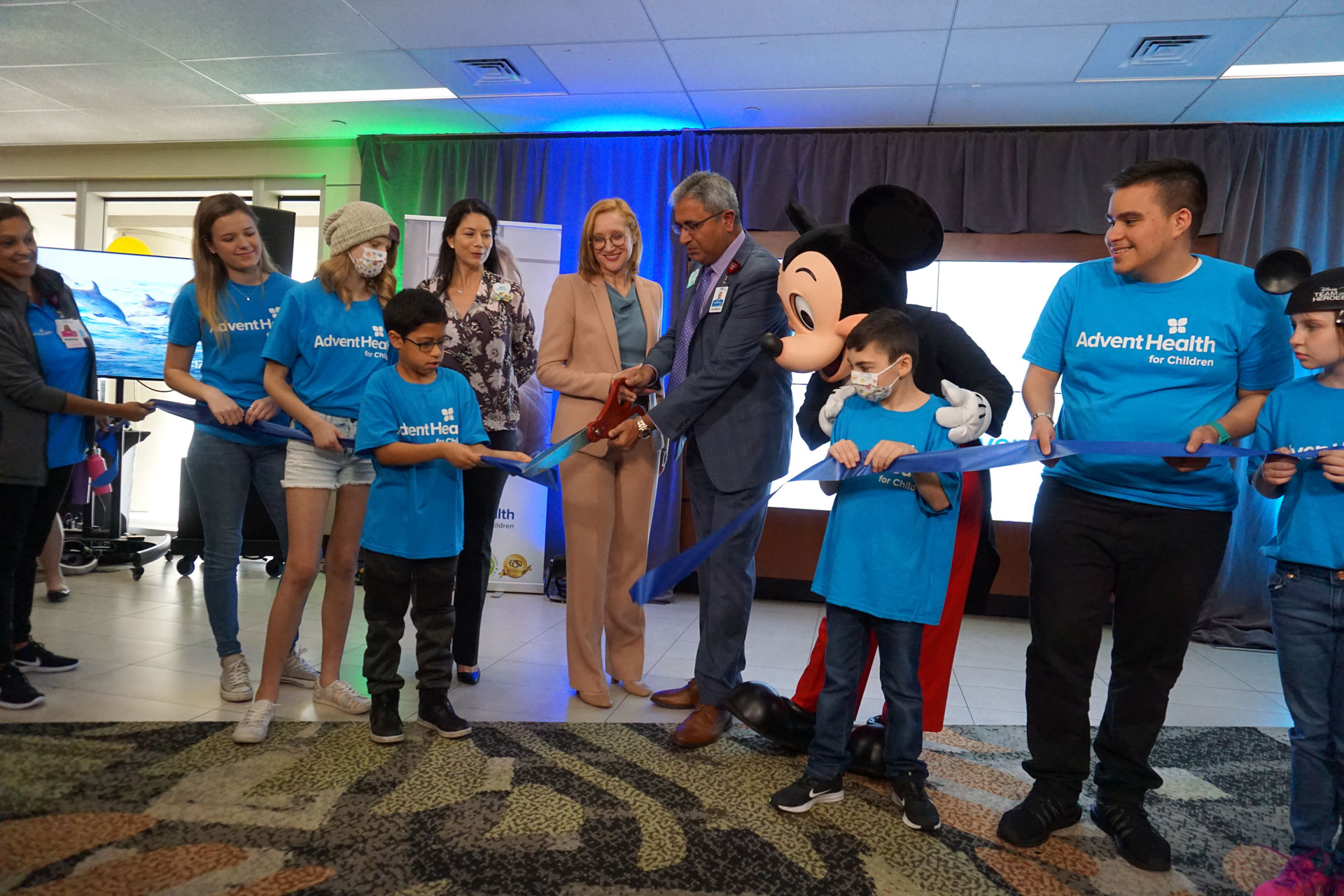- Social In Support Of Children's Wish.. Children
- Social In Support Of Children's Wish.. Activities
- Social In Support Of Children's Wish.. Health

Families want the best for their children, to nurture their growth and development. Families with children who have special needs want the same for their children, but often face additional challenges, including great stress, social isolation, and financial strain. Families may become overwhelmed, and find it difficult navigating the service system for their child, and to find social and emotional support for themselves. 'Family Support' helps families access a broad array of supports and services, including formal supports (such as paid respite care) and informal supports (such as parent-to-parent connections) and a community system of services that promote the well-being of families and their children with special needs.
Family support aims to:
- Increase the strength and resilience of families
- Support parents as they help their children with special needs achieve their full potential
- Improve community capacity to serve families with children who have special needs
- Helps families make critical connections to other families and resources in the community
- Provides individualized, family-driven support that respects family culture, values, and preferences
The Family Support Program works with families, communities, and service providers to promote and provide support for families with children who have special needs – which includes special health care needs, developmental and learning disabilities, and behavioral/mental health diagnoses.

Family Support includes:
- Information about diagnoses, disabilities, and resources – how to find services
- Parent-to-parent support - connection to others who have had similar experiences
- Workshops and support groups – training and strategies you can use
- Social activities - fun and recreation for the whole family
- Family advocacy and policy development - involvement in shaping family and disability-related policies and services

Locate and tap the Customer Support button, follow the prompts provided by the Wish Assistant; Web. From a non-mobile device, log into your Wish account through www.wish.com; Hover over your profile name at the top-right of the page, and click on Order History. You may also click here to view your Order History. Many of the people in your life can provide social support. These can include your parents, spouse or partner, children, siblings, other family members, friends, co-workers, neighbours, health professionals, support groups, and sometimes even strangers.
How do Families and Children Benefit from Family Support?
Families find information and emotional support, and learn about enhancing their child’s development and well-being – all of which promotes improved outcomes for families and children.
Benefits

- Increases families' level of knowledge about their child's condition
- Increases families' feeling of competence in their caregiving
- Connects parents with similar experiences
- Fosters development of new social relationships
- Reduces the sense of isolation
- Provides opportunities for families to support others and to improve the service system
When do Families Seek Support?
Families with children ages birth to young adulthood seek family support for lots of reasons. Here are just some:
- Understanding a new diagnosis
- Infant born prematurely or in the NICU
- Transition to early intervention, preschool, public school, post-secondary education or employment
- Family moving to North Carolina
- Finding local services and service providers
- Advocating for educational rights and services
- Financial planning for families with children who have special needs
- Finding special services such as getting a ramp built or inclusive summer camps
- Parenting education and strategies
- Workplace support for employees with children who have special needs
- Dealing with stigma and bullying
- Balancing the needs of typically developing siblings
Social In Support Of Children's Wish.. Children
Scroll To TopWhen my mother died, the first thing I did was call my two best friends. Like good friends will, they dropped everything and came to my rescue. Having them there made all the difference in getting through a very difficult period of my life.
Researchers haven’t always emphasized this kind of social support as a factor in individual resilience—that is, the ability to recover from hardship and move forward in a positive, adaptive way. Instead, they have placed a high premium on studying personal qualities, often relegating social context to a lesser role.
Social In Support Of Children's Wish.. Activities
For example, studies have found that people who are happier, have a strong purpose in life, or higher levels of self-efficacy—the belief that they have control over their situation—seem to have an easier time recovering after disaster. Some of these personality factors have been shown to be protective, even for those who suffer from economic hardship, and can lead to better health outcomes, a reduced risk of suicide, and a better recovery after the loss of a spouse or loved one.

Social In Support Of Children's Wish.. Health
